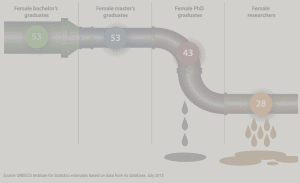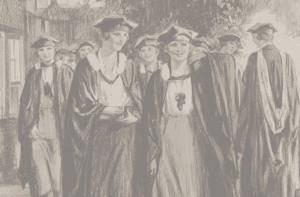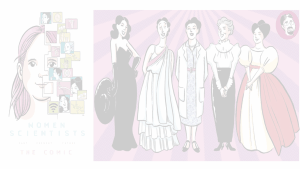The SRUK/CERU WOM=N Equity and Research Committee is thrilled to announce an inspiring initiative: Where are the Women? – UK Map Project. This project, launched to commemorate the International Working Women’s Day on March 8th, aims to illuminate the contributions of remarkable women who have shaped our communities across the UK.
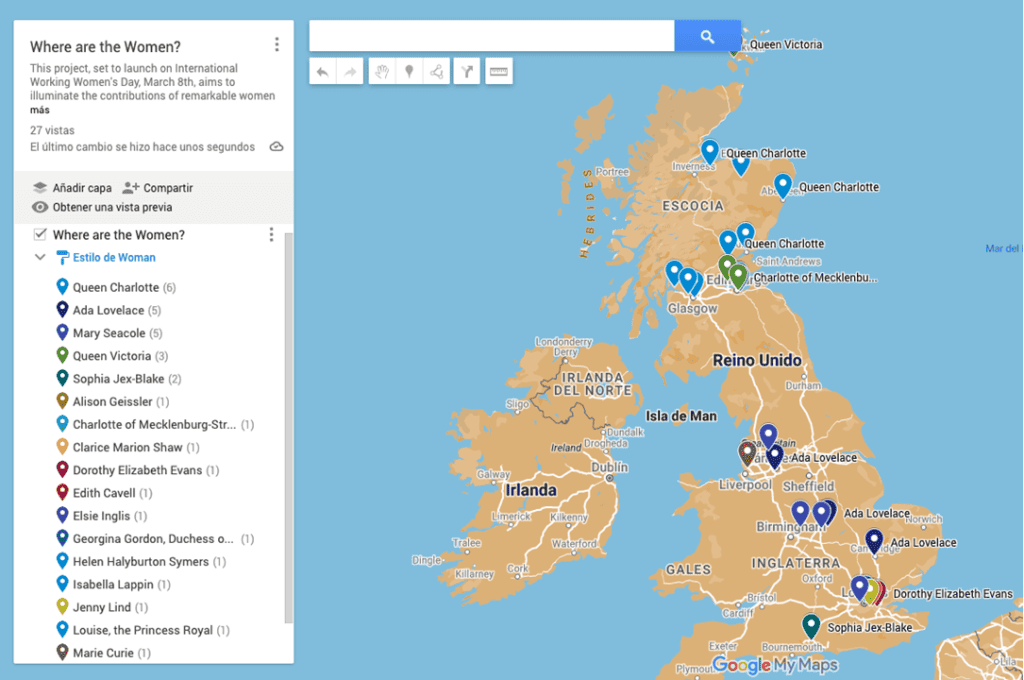
Through a series of digital showcases, we will explore the legacies of female leaders, innovators, and change-makers who have walked our streets. With this project, we do not only aim to celebrate their achievements, but also seek to empower today’s women by connecting them with the rich, yet often untold, histories of their predecessors. To foster community engagement and dialogue, we will launch a dedicated website and social media campaign under the hashtag #WhereAreTheWomen. This digital platform will serve as a space for discussion, sharing ideas, and networking among participants who wish to advocate for women’s visibility and empowerment. For instance, we will feature a digital map on our upcoming website (we will announce on our social media when we launch it, but please check the interactive map via this link in the meantime!) with which anyone can easily interact to navigate through the various stories and landmarks associated with these pioneering women.
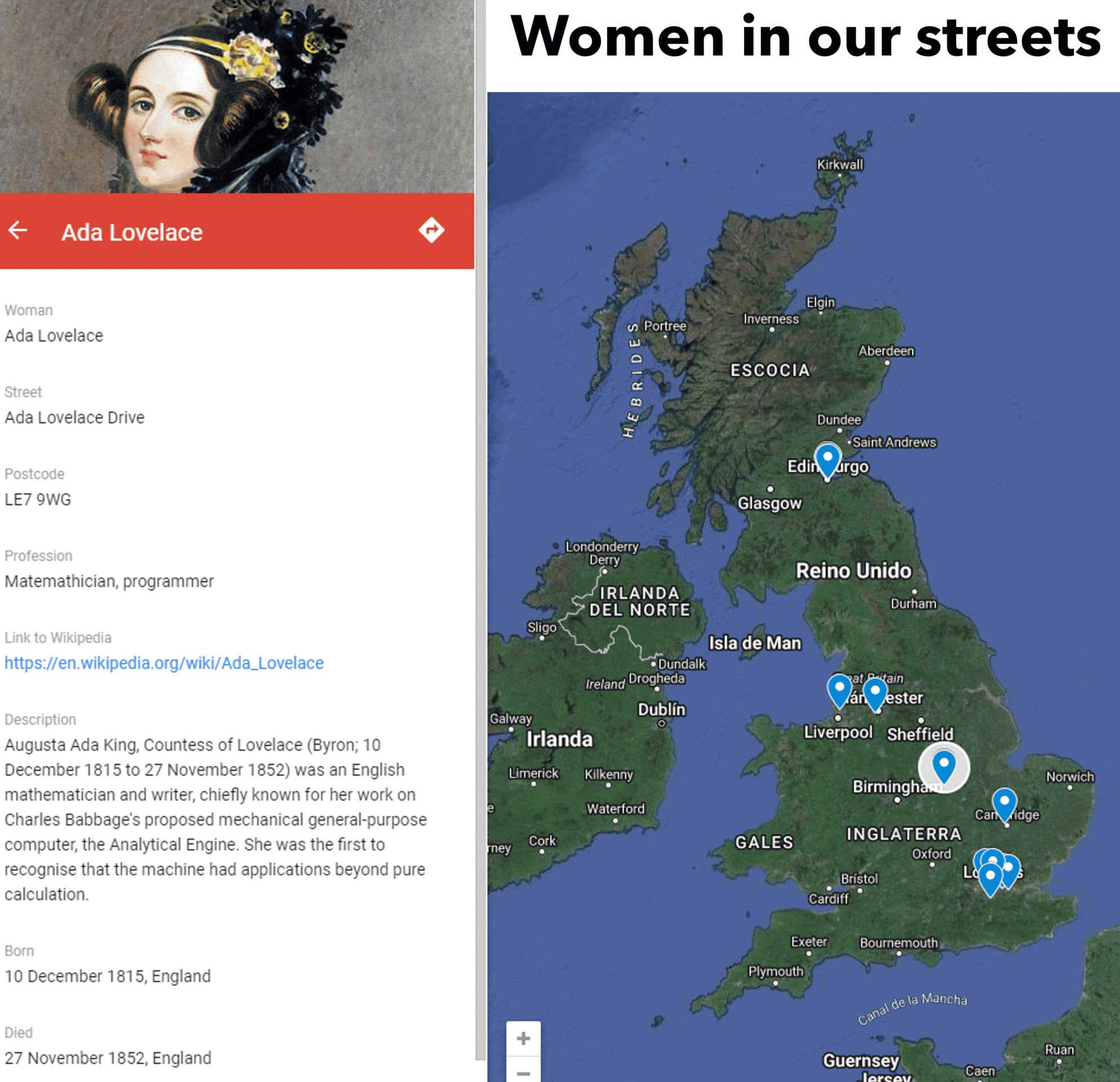
A significant goal of this project is to highlight the underrepresentation of women in the naming of streets and public spaces across the UK. A poignant example is Augusta Ada King, Countess of Lovelace, known for her work on Charles Babbage’s early mechanical general-purpose computer: the Analytical Engine. Despite Ada Lovelace’s contributions to computing and mathematics, there are remarkably few physical memorials acknowledging her legacy. This project aims to highlight the scarcity of streets named after relevant women in UK history, which underlies a significant issue that deserves attention and action. The difficulty in identifying such streets is indicative of a broader problem of gender inequality in the recognition of contributions to science, technology, arts, and public life, urging a societal reassessment and redress. The next phase of this project will be to announce a call for nominations: we will encourage you to submit names of women whose stories deserve to be known and celebrated. Whether they are historical figures or contemporary role models, your contributions will help ensure a diverse and inclusive representation.
We warmly invite everyone to participate in this empowering project. In the coming weeks, we will provide further instructions on how you can get involved: from sharing your own stories and identifying streets to supporting this project in any other meaningful ways you can think of. Join us in this exciting journey to honour and elevate the visibility of women’s roles in our society!
Stay tuned for more details on how you can be part of this vital celebration!
By the SRUK/CERU WOM=N Equity and Research Committee at SRUK/CERU.
More information:
- Details about how anyone can contribute to this project and explore the interactive map will be included in their upcoming website (URL to come, we will modify this post as soon as the website is up and running!).

